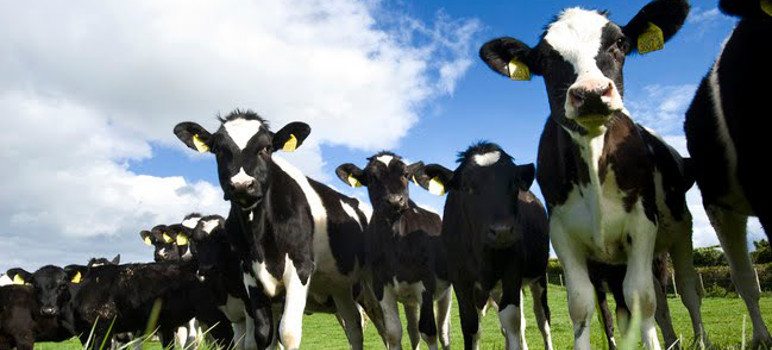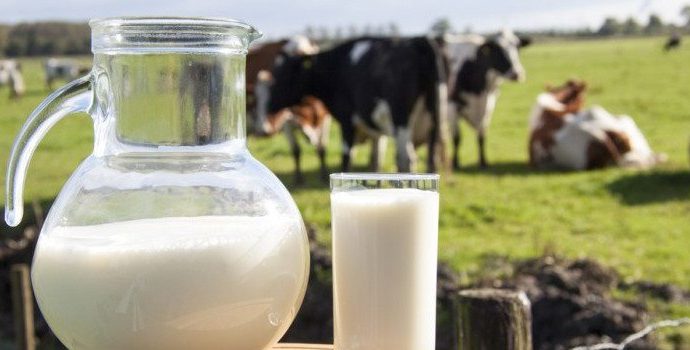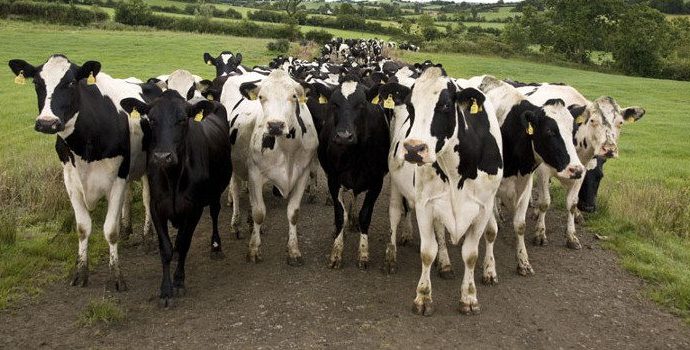IFA Update Calf Husbandry Policy

Prior to the final meeting for 2023 of the Calf Stakeholder Forum tomorrow, IFA has published its updated Calf Husbandry document.
IFA Dairy Chair Stephen Arthur said since the publication of IFA’s original calf policy document in 2019, new technologies and breeding tools have become available to farmers to improve dairy calf welfare and dairy beef production.
“We felt it was timely to update our policy position to reflect these improvements and identify further areas that farmers can target,” he said.
The policy document is broken into four sections, specifying actions that can be taken at farm level; industry stakeholder level; Government level; and at exporter level.
“We do not support any policy changes that would extend the amount of time calves must spend at the farm of birth prior to sale. This would be counter-productive for the promotion of improved calf welfare”.
He said focused actions for each stakeholder would be far more beneficial for calf welfare than changes across the board.
The calf policy document is available here.




